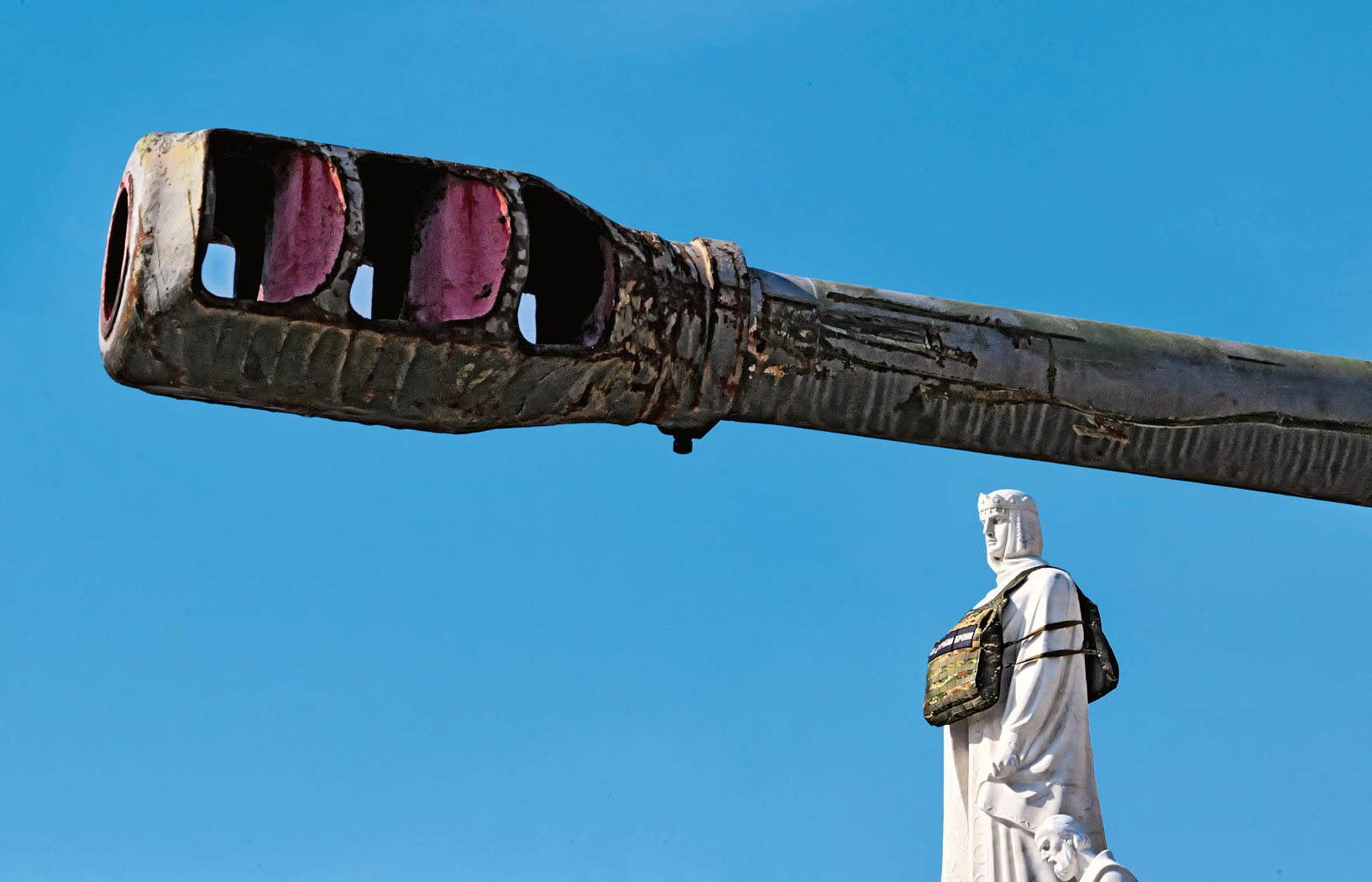Interview with Ukrainian historian Serhiy Plokhy on why Ukraine has achieved its most important goals in the war with Russia and what will happen with Polish-Ukrainian reconciliation.
TOMASZ TARGANSKI: – Where were you on February 24, 2022, the day of the Russian attack?
SERHII PLOKHY: – In Vienna. Early this morning I woke up to an email from a friend. When I saw the news, I felt my heart start to race. Until the end, I was under the illusion that Vladimir Putin would not decide to attack.
What surprised you in the first days of the war?
The scale. The fact that it was a real invasion a la World War II, and not the surgical operations we are used to in the 21st century. I contacted family and friends who live in Zaporozhye and Dnipro. Then I started to wonder what the scale of the resistance was.
In your latest book, “The Russo-Ukrainian War,” you write that after one month of the invasion, the final outcome was clear to you.
If we assume that Putin’s goal was to destroy Ukrainian statehood and prove that Ukraine does not exist as a separate country, then by the end of March 2022 it was clear he had failed. Kiev defended itself, Ukrainian resistance increased, and the Russians began to suffer heavy losses. Much depends on how we define the goals of both parties. For Ukraine, this was a defense of independence from the start. The following months confirmed my belief that no matter how long the war lasts or what its final borders are, Ukraine will survive. In this case, Putin has already lost.
For Ukraine, this is a war of independence. And for Russia?
This was one of a series of wars that occurred as a result of the disintegration of the empire. The beginning of this process was the First World War and the Bolshevik Revolution, which resulted in Russia losing control of Poland and Finland. Stalin in the 1940s
Policy 42.2023 (3435) of 10 October 2023; World; p.54
Original title of text: “In the Ruins of the Empire”

“Reader. Future teen idol. Falls down a lot. Amateur communicator. Incurable student.”


![Bogusław Wołoszański: “Achieving nuclear weapons would be the beginning of World War III” [WYWIAD]](https://storage.googleapis.com/bieszczady/rzeszow24/articles/image/877236c0-66fd-457a-9eb4-41792f9077ff)




